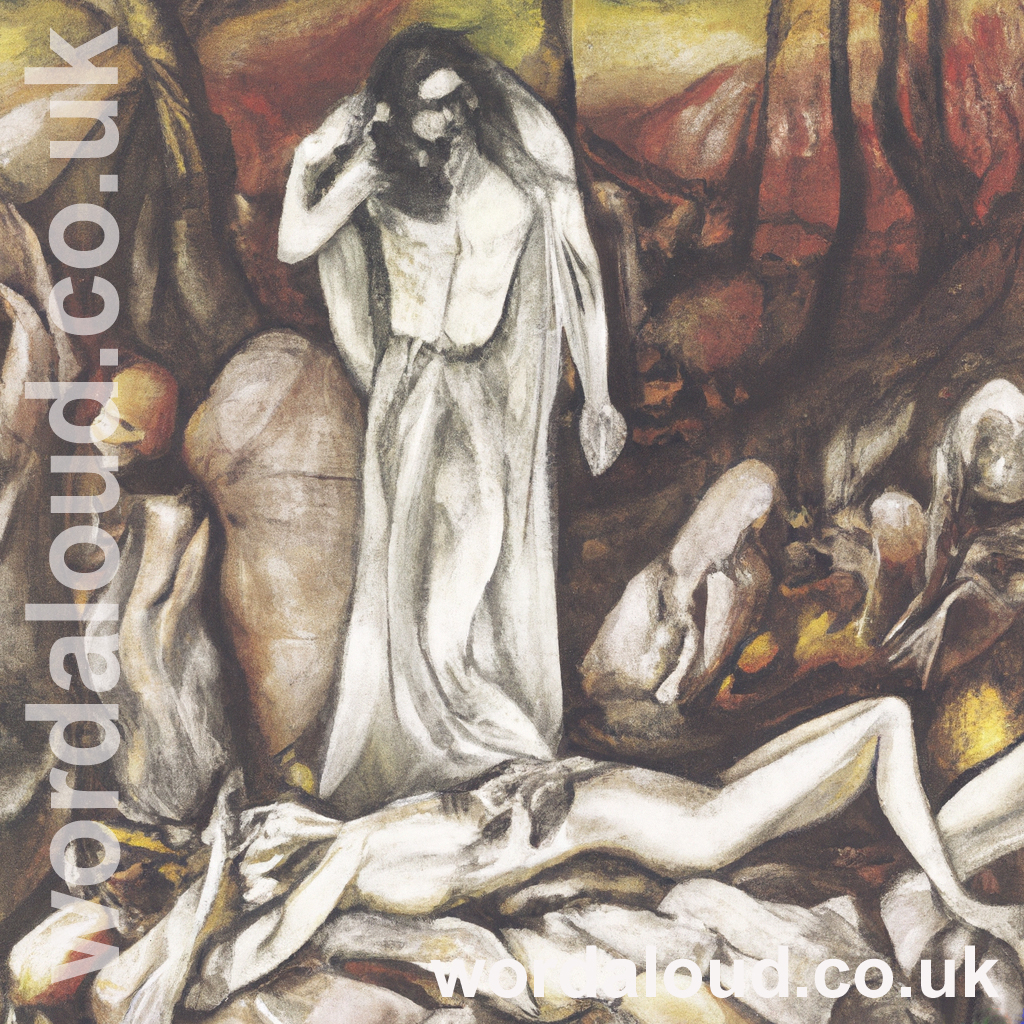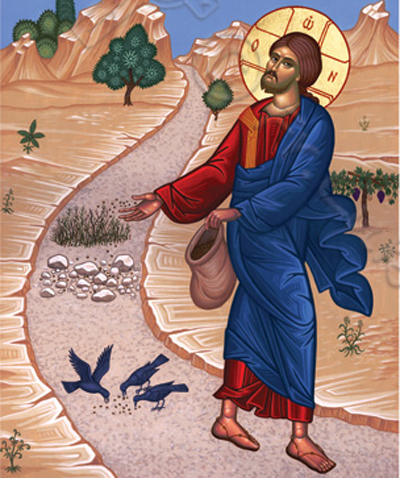Gospel Reading: Matthew 11:28-30
‘Come unto me, all ye that labour and are heavy laden, and I will give you rest. Take my yoke upon you, and learn of me; for I am meek and lowly in heart: and ye shall find rest unto your souls. For my yoke is easy, and my burden is light.’
In this passage, Jesus extends an invitation to all who are weary and burdened. Jesus promises rest and relief, urging us to take his yoke and learn from him. Jesus’ gentle and humble heart offers rest for our souls, emphasizing that his yoke is easy and his burden light. This passage is a reminder of the hope we have in Christ, who offers us rest and peace amid our struggles.

Prayer
Dear Jesus,
In times of uncertainty and despair, I turn to you, the source of all hope. Fill my heart with your hope that transcends understanding. Help me to trust in your promises and to find joy and peace in your presence. May your hope renew my spirit and give me the strength to face each day with confidence and faith. Let your hope shine through me, bringing light to others who are in need. Amen.
Personal Reflection
- What are the situations in your life that seem hopeless?
- How can you invite Jesus’ hope into these areas?
- Reflect on a time when you experienced renewed hope through your faith in Christ.
Meditation On The Prayer And Gospel
Matthew 11:28-30 is a passage that speaks directly to our need for hope and rest. Jesus’ invitation to come to him is extended to all who are weary and burdened, offering a refuge from the struggles of life. This invitation is not just a call to physical rest but a deeper spiritual rest that brings peace to our souls.
Jesus understands the burdens we carry and offers a yoke that is easy and a burden that is light. The imagery of a yoke suggests partnership and guidance; by taking on his yoke, we align ourselves with him, allowing him to share our burdens and guide our steps. This partnership is marked by learning from Jesus, whose gentle and humble heart sets an example for us.
The promise of rest for our souls is comforting. In a world where we often feel overwhelmed and stressed, Jesus assures us that he is our source of true rest and peace. His rest is not temporary or superficial but a peace that sustains us through life’s challenges. This promise gives us hope, knowing that no matter what we face, we can find solace in Jesus.
Reflecting on this passage, we are reminded of the importance of surrendering our burdens to Jesus. It requires trust and faith to let go of our anxieties and allow him to take control. This surrender is an act of faith, acknowledging that Jesus is capable and willing to carry our burdens. As we learn to trust him more, we experience the peace and rest he promises.
The hope we find in Jesus is transformative. It renews our spirits and gives us the strength to persevere. This hope is not dependent on our circumstances but on the nature of Jesus and his promises. It is a hope that empowers us to face each day with confidence, knowing that we are not alone.
As we embrace this hope, we are called to share it with others. The hope we receive from Jesus is not meant to be kept to ourselves but to be a light for others who are struggling. Through words of encouragement, acts of kindness, and simply being present, we can extend Jesus’ invitation of hope and rest to those around us. By living out this hope, we reflect Christ’s love and bring his light into the world.
In practical terms, fostering hope involves daily practices that keep us connected to Jesus. Spending time in prayer, reading Scripture, and being part of a faith community help us to stay grounded in our faith and renew our hope. These practices remind us of Jesus’ promises and keep our focus on him rather than on our circumstances.
Prayer
Lord Jesus,
You are the anchor of my hope. In moments of doubt and despair, remind me of your promises. Fill my heart with your joy and peace, and let your hope overflow in my life. Help me to trust in your plans and to find strength in your presence. May your hope shine in me, guiding me through every trial and illuminating the path ahead. Use me as a beacon of your hope, bringing comfort and encouragement to those in need. Thank you for the gift of your eternal hope. Amen.
Jeremiah 29:11
‘For I know the thoughts that I think toward you, saith the Lord, thoughts of peace, and not of evil, to give you an expected end.’
Blessing
May the God of hope fill you with all joy and peace as you trust in Him. May you overflow with hope by the power of the Holy Spirit, and may His hope guide and sustain you in all things. Amen.








